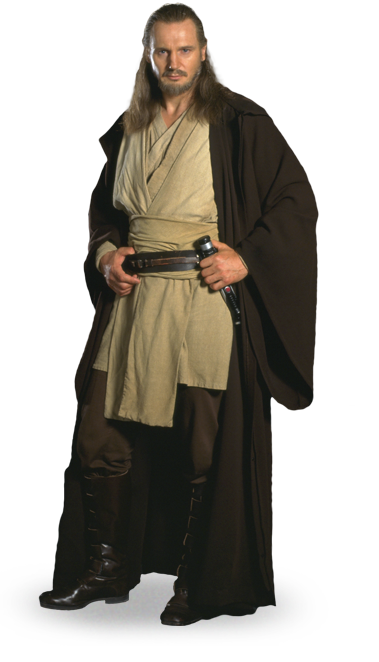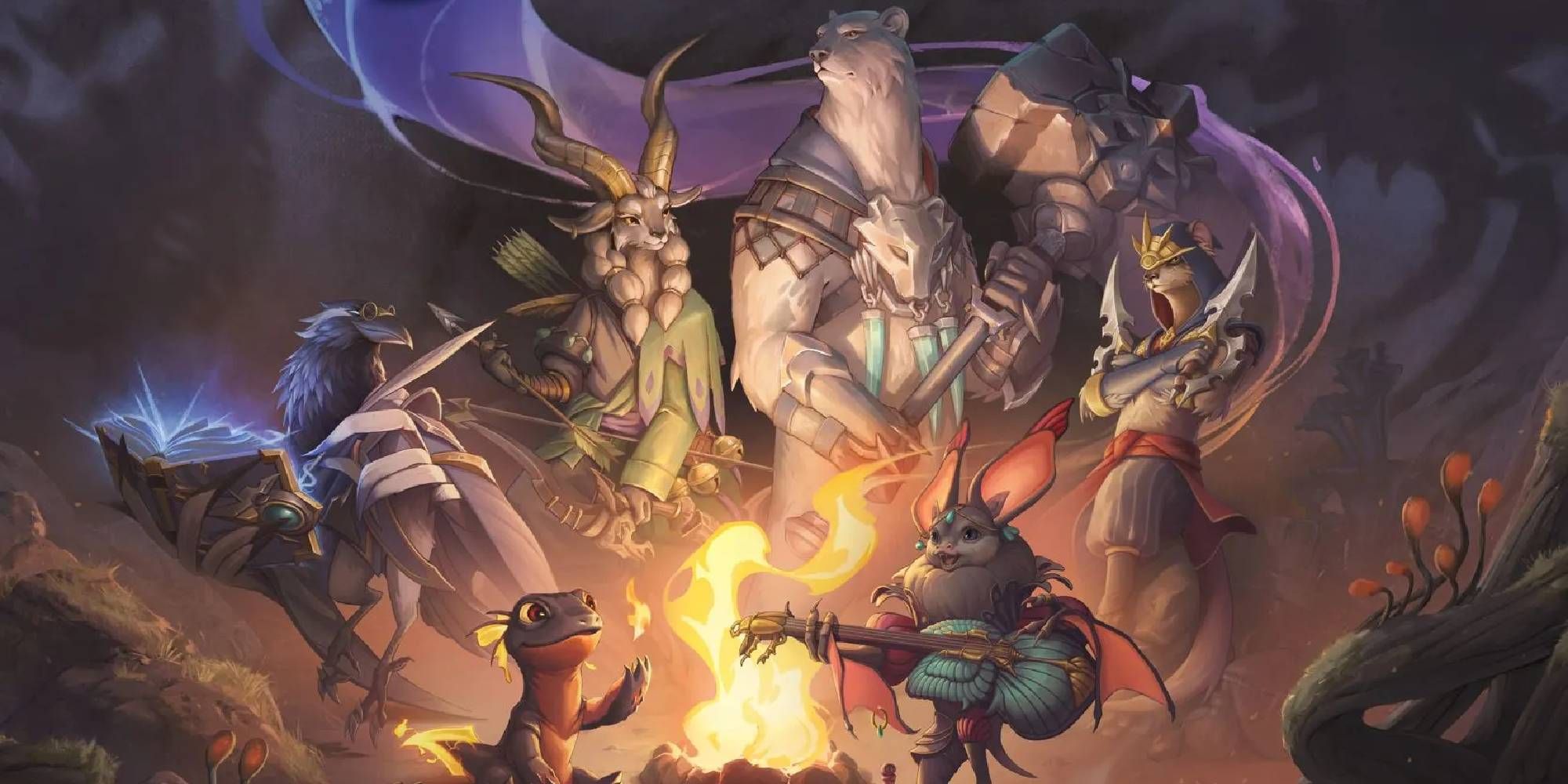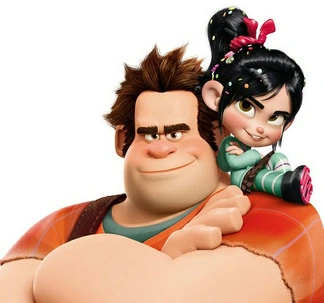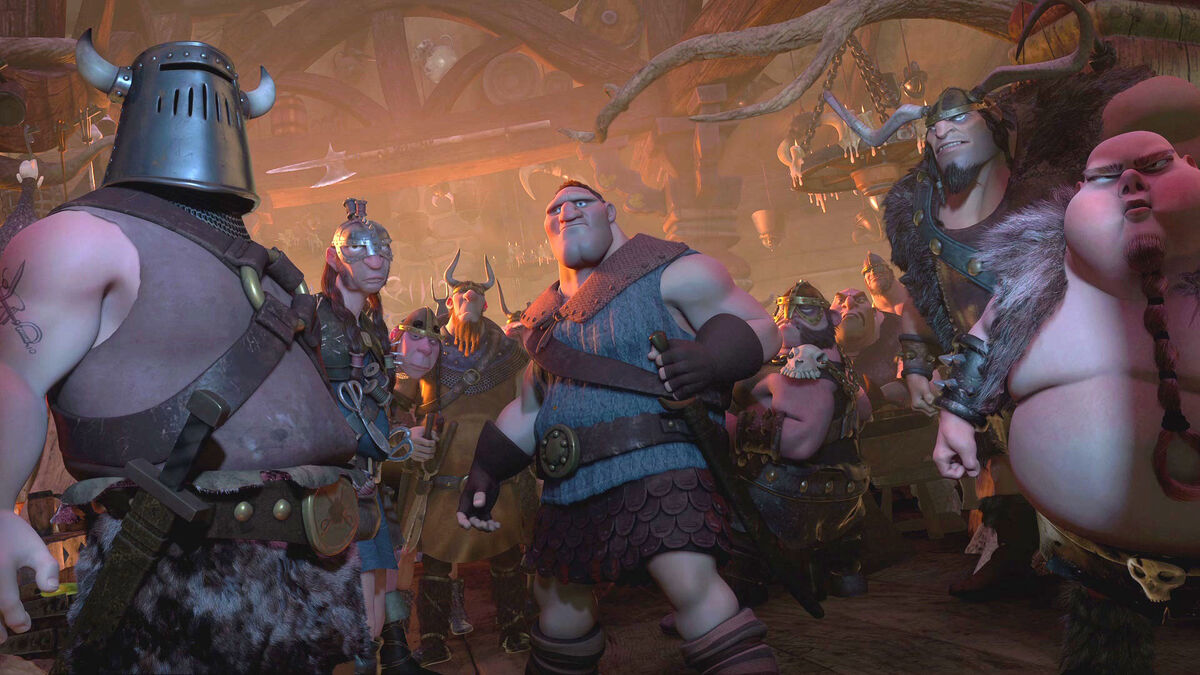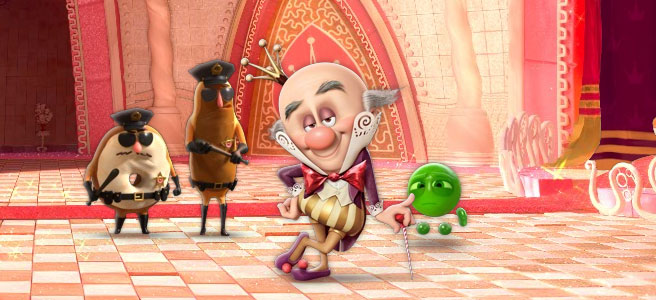Tarik Saleh on His Cannes Thriller 'Eagles of the Republic'
For a filmmaker making gripping thrillers dealing with religion and oppressive politics, Tarik Saleh is surprisingly funny and joyful. The filmmaker, who became Sweden’s most prominent street artists before turning into one of the country’s biggest star filmmaker, returns to the Cannes Film Festival with “Eagles of the Republic,” three years after winning best screenplay with “Boy From Heaven.” Saleh hit the ground running with his feature debut, “The Nile Hilton Incident” which won the Grand Jury Prize at Sundance in 2017. His sophomore feature, “Boy From Heaven,” was an arthouse hit that traveled around the world and was chosen by Sweden as its Oscar entry. With “Eagles of the Republic,” he’s delivering his most ambitious film to date, reuniting with Fares Fares who stars as an Egyptian megastar coerced by the Egyptian government into starring in a propagandist film as President Al-Sissi. As he gets closer to the inner circle of power, he finds himself embroiled in dangerous conspiracies.
Saleh, who produced the film through his own vehicle, Paraton, alongside Swedish banner Unlimited Stories and France’s Memento, said he was compelled to make yet another film set in Cairo because he grew up in Sweden as “a child of immigrants,” and through his work, he’s “been constantly trying to reclaim (his) own version of what Egypt is to me.”
Besides having Cairo as a backdrop, Saleh said the common thread between “The Nile Hilton Incident,” “Boy From Heaven” and “Eagles of the Republic” is that they’re about “men trying to defeat a city that cannot be defeated.” While the movie is a fiction, he admitted that he was inspired by an Egyptian TV series that was made about Al- Sissi played by a handsome actor who looked nothing like him. Ultimately, Saleh says he doesn’t want to be labeled as a political filmmaker. “I’m not an activist but I’m really fascinated by people in power,” he said. Since he knows “people that work within the presidency in Egypt,” he was able to give the script enough texture to make the thriller gritty enough and filled with dark humor that ring true. In an interview with Variety at Cannes, Saleh talked about the making of “Eagles of the Republic” and his aspirations, as well as what he’ll do next, this time in France.
Of course, there is a real story that inspired this film. In Egypt, the army has 30% of the country’s economy and when (Abdel Fattah al-Sissi, Egypt’s President) got elected, he said “Let’s get into media and film, too.” So the government basically took over the whole film industry and the television. They bought all the private television stations. And since they are owned by the army, they decided to do a television series about the President’s rise to power. What they did was to cast this tall, handsome actor called Yaser Galal to play al-Sissi who’s a very short guy and bold. It was absurd. I was watching this TV series, and there was zero irony, and of course, my first thought was, “What if I got the call and was told I had direct this. What if my friend Fares had to play it? What would we do?” We couldn’t say no because then we were banned. I thought that was a funny premise.
I think a lot of times art can predict what’s going to happen. I was very nervous about “A Boy From Heaven” that I would predict something for just selfish reasons, because I thought that if I was predicting something like this happens, then my film would become something all of a sudden. I had that issue for the premiere of “Boy From Heaven” when the so-called “Quran burning crisis” happened in Sweden. All of a sudden, it was in the news and I had a film out. It’s exactly like what happened with “Conclave” this year.
What is politics? Politics is the relationship between power and people. So when you say “a political film,” it might mean that it has an agenda, that it wants to convince you of a political view or of a way of looking at the world. My films are about human beings that are under the pressure of power systems. I’m very interested in power dynamics, but more like a spectator. I’m not an activist but I’m really fascinated by people in power I actually know people that work within the presidency in Egypt. That’s where I get a lot of my information.
Some things in the movie are almost quoted from what people are saying and how they are. I’m fascinated with the technicality of how power operates. If you take “Boy From Heaven,” the character I identify most with is Ibrahim, the state security officer, it’s not the student. And in “Eagles of the Republic,” I identify with Dr. Mansour. Because he’s the real director of that film that is being made in “Eagles of the Republic.”

.
Yes, and usually Fares always asks me very difficult questions before we shoot, but this time, it’s me who had a question. I asked him, “Will we ever care about an actor and this one in particular?” Because I was thinking of Amber Heard during her trial, when she cried and everyone was ridiculing her. People said, “Oh, it’s not real. She’s acting, right?” Because we think that actors are not displaying their real emotion. But Fares reassured me. He said to me, “No, Tarik, we will care about him. I promise you we will care about him.”
r.
Fares made George human. I wrote him in a cynical way.
Listen, that story happened to me. But without me asking for it.
There are two reasons. The first reason was when you grow up as a child of immigrants, you are told stories by your parents about the home country that are almost fairytales — which is a paradox, because you wonder, “Why are we here then if everything was great?”
My father told me about Egypt, and I had these very vivid images of it. Then when I was 10 years old, for the first time, Anouar el-Sadate had just died, we could go back to Egypt. It was a shock. Almost the trauma of meeting the reality from all these fairytales that my father had built up around what Egypt was. And since then, I went to study art in Alexandria, and I started a magazine in Cairo. I’ve been constantly trying to reclaim my own version of what Egypt is to me. So I have very personal relationship to this place.
In Arabic, Cairo means the conqueror. It’s a very noir place. Every major city has a personality. Cairo is a place where people have come from all over Egypt and all over the Arab world to fulfill a dream but the problem is that you will not make it. It will bring you down to your knees. Cairo is a city which will ridicule you. It will cheat on you. It will sell you papyrus that is not real, and you will get stomach ache, but it will blow your mind and it will conquer you. The Cairo trilogy is really about men trying to defeat a city that cannot be defeated.
That was the scale I wanted. It feels like cinema in that way. Ever since I saw “Parasite,” I was dreaming of shooting on 65 mm in the back of my head. Then I saw “Joker,” and it was the same feeling. It’s wonderful for the way it treats the faces, it creates these beautiful textures. I was very fortunate to have had really great producers on this film. They gave me everything I asked for. I was a bit nervous before Cannes. I thought, I better get into main competition with this film because I have no one to blame.
It was a love affair. Love at first sight. Did you know he has Greek ancestry? He grew up watching Egyptian films, so right away he knew all the references, everything. So the first time he saw the film, he called me and he said, “It’s a film about a man selling his soul piece by piece.” I said, “Oh, please write that music.” When we went to Paris to record the music, I started writing that night my new script.
I’m hopeful. I think that America is going through a difficult time. It’s strange for me because I worked in America a lot, as you know. I think that there is a nervousness about, especially films dealing with Middle East and Arabic and so on. But I think that the difference with this film is that it doesn’t deal with religion in the same way as the last one, ” A Boy From Heaven,” which really made people nervous. I could tell that people didn’t know how to speak about it. I remember doing interviews with American journalists who were almost yelling at me, ‘”What is true?” And I was like, “It’s a fictional film!”
For me, the relationship with the audience is key. A lot of directors say, “I don’t care. I just make these films for me…” But that’s because they’ve never had an audience. The expectation of the audience is something you play with. I had a shock with “Boy From Heaven” because Alexandre Mallet-Guy (the co-producer and French distributor) had bought it out of Berlin, he flew me to Paris and he said to me, “Tarik, you made a really good film. If this doesn’t reach 300,000 admissions in France I have not done my job.” That stunned me to see a distributor who takes responsibility. In the end, “Boy From Heaven” passed 500,000 tickets. The cinema culture in France is almost sanctuary.
I think that France has a lot to teach both America and the rest of Europe about how to engage audience and how to make the audience feel like it’s an event, because I believe that cinema can actually save us. People are very pessimistic about the future of cinema but I believe it’s very, very bright. Because our phones and these social media platforms, we have no way of escaping ourselves, there is this constant narcissistic feedback, and our lives are very shattered. What cinema offers us is this act of empathy where we, for two hours, live someone else’s life and forget our own life for two hours.
I’m very close friends with Ali Abbasi and we were joking about the fact that he was invited to Egypt with “Holy Spider,” and I was invited to Iran with “Boy From Heaven.” But it happened back in the days, when Billy Wilder and and Elia Kazan or even someone like Milos Forman left Europe to go to America to find a platform to do films and to be free. I think that’s going to happen now. We can only make those in Europe. We are European filmmakers in that sense that, as Billy Wilder was American filmmaker and he was talking about the horrors of what happened in Europe.
Yes, we’ve already seen the migration start to come here from the U.S.. In Europe, too, we have to start to protect our freedom, our artistic freedom of expression. We’re also threatened by autocrats and fascists and people that wants to limit this. And now I sound like a political activist and a political filmmaker.
You mentioned earlier you started writing your next film in France?
There is a big chance I do something in France.
A love story, then?
There is always a love story somewhere. But I can say that it’s still going to be a political thriller because I think that France has a lot of political thriller elements to talk about. To start with, it’s a nuclear power.






